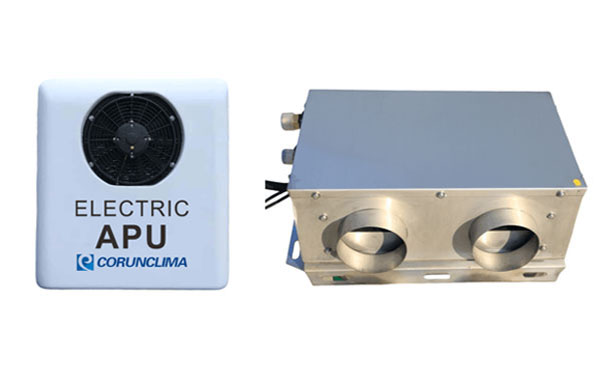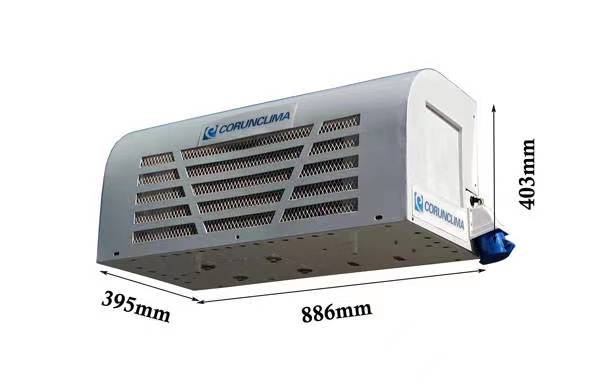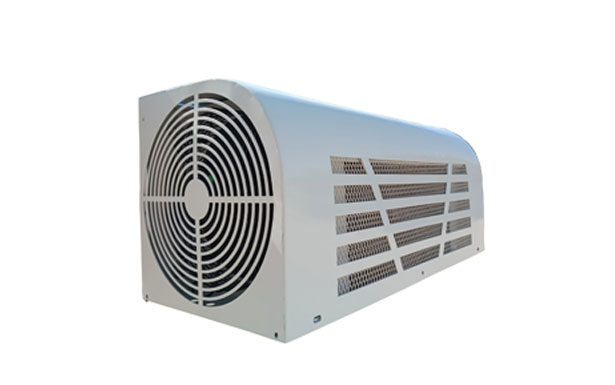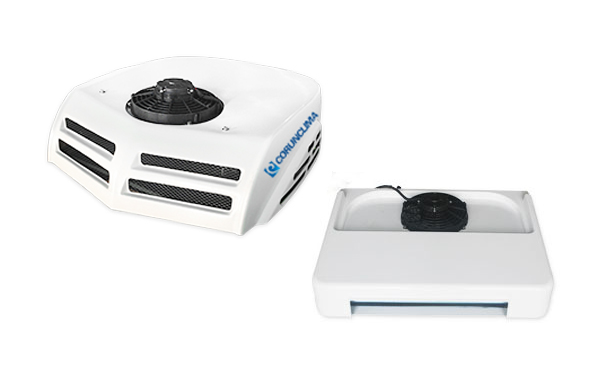Post-epidemic recovery plan should include improvements to global refrigeration systems
Author:Corun Date:2020/12/15
The latest report "Refrigeration System Emissions and Policy Comprehensive Report" jointly issued by the United Nations Environment Programme (UNEP) and the International Energy Agency (IEA) pointed out that if the world takes coordinated actions to promote energy-saving and climate-friendly refrigeration transformation, the next 40 years Will avoid up to 460 billion tons of greenhouse gas emissions-if the global emissions level in 2018 is used as a reference value, it is equivalent to 8 years of global emissions.
The report claims that improving energy efficiency in the refrigeration industry and transitioning to climate-friendly refrigerants can reduce emissions of 210-4600 billion tons of carbon dioxide equivalent.
The report pointed out that countries can institutionalize related actions and include them in the implementation of the Kigali Amendment to the Montreal Protocol. The signatories of the "Kigali Amendment" have reached an agreement to gradually reduce the production and use of the powerful greenhouse gas hydrofluorocarbons (HFCs). With this measure alone, the world is expected to avoid a 0.4°C increase by 2100.
"Countries must drastically cut greenhouse gas emissions to ensure that global warming is controlled within 1.5°C by the end of this century and the catastrophic effects of climate change are minimized." Inger Andersen, Executive Director of the United Nations Environment Programme ) Said that as countries continue to start the economic recovery process after the epidemic, countries have the opportunity to use resources effectively to slow down climate change, protect nature and avoid another outbreak of epidemics. Efficient and climate-friendly refrigeration systems can help achieve all of the above goals.
The report emphasized the importance of refrigeration to maintain the health of the community. The refrigeration system can keep food fresh and maintain vaccine effectiveness; ensure a stable energy supply; and promote production activities. Given that vaccines are sensitive to temperature, in response to the COVID-19 pandemic, there is an urgent need for the rapid deployment of cold chains and related refrigeration technologies around the world. The epidemic blockade forces people to stay at home for a long time, and this has also become a major health hazard in many countries with hot climates.
But at the same time, the increasing demand for refrigeration has also led to a rapid deterioration of climate change. This is because most of the energy that powers air conditioners and other refrigeration equipment is based on fossil fuels, and their emissions of hydrocarbons (HFCs), carbon dioxide and black carbon are the drivers of global warming.
"When governments launch large-scale economic stimulus packages to deal with the economic and social impact of COVID-19, they also have a unique opportunity to accelerate the development of efficient and climate-friendly refrigeration systems." International Energy Agency (IEA) executive director Fatih Birol (Fatih Birol) said that the government must comply with stricter energy efficiency standards to achieve energy and environmental goals. By improving cooling efficiency, our demand for power plants will be reduced, the corresponding emissions will be reduced, and consumer spending will be saved. This latest report provides policymakers with valuable suggestions to help them meet the global refrigeration challenge.
Prev Article:Switch to electric vehicles could 'end oil era'
Next Article:2020 Vietnam HVACR
.png)












